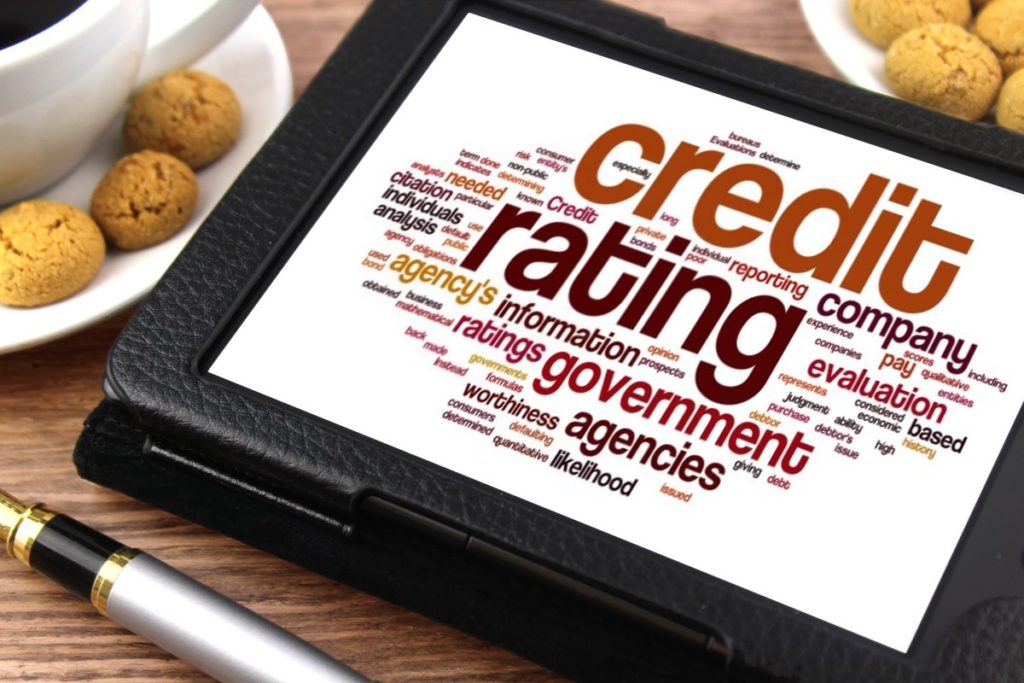
These days, one of the most important numbers in a person’s life is their credit score. It is used to determine whether one can open a bank account, apply for a car loan, or even rent an apartment.
If you have run into trouble with any of these tasks lately, your score may be to blame. While you should consult the financial management experts at Olympia Law PC if you are having trouble with this statistic, there are a number of things you can do on your own to raise your credit score.
In the paragraphs below, we’ll review five ways you can do just that, whether for yourself or your business.
1) Check your credit reports
In order to improve your score, pulling up the most recent copy of your credit report is the first thing that you should do. By knowing where you stand right now, you’ll know exactly where you need to go.
Be sure to examine it thoroughly for any charges that you don’t recognize. Doing so will allow you to spot mistakes and discrepancies that you will then be able to challenge, allowing you to improve your score upon their deletion.
2) Made a late payment? Ask to have it forgiven…
Whether we had a lapse in memory or ran into financial hardship, there will inevitably be a time in our lives where we will miss a bill payment.
This single event can have a measurable impact on our credit score that can last for years. By calling up your credit card or utility company and pleading your case, you may be able to get this mistake forgiven, reversing the damage that this miscue can do to your reputation.
3) Pay down your debts
This one is self-explanatory. Credit bureaus, banks, and other financial institutions view borrowers that have lower debt burdens as ideal customers.
By paying down your balance, you improve your credit utilization ratio, which marks you as a responsible user of credit. Shoot for a utilization percentage of less than 30%, with a long-term goal of 10% or less.
4) Ask for an increase to your credit limit
Given the pragmatic advice given in the previous point, asking for an increase to your credit limit may seem counterproductive. After all, who needs the added temptation to spend even more?
Provided you have built up the self-discipline to avoid charging up all the extra space you will create when you raise your personal debt ceiling, the benefit from a limit increase comes from the improved arithmetic that this move creates.
When you do this, you improve your credit utilization ratio without having to transfer a single cent of your money over to your line of credit account, making for a quick win.
Now, you should still be committed to reducing your debt load, but when you have the chance to improve your score through such a simple move, you should leap at the chance to do it.
5) Avoid closing down cards
As you pay down your debts, you may have a desire to go full-Ramsay or Orman (in reference to Dave Ramsay and Suze Orman, both well-known financial gurus that preach strident anti-debt philosophies) on charge card accounts that you think don’t need.
Avoid doing this, as the dramatic reduction in credit resulting from these moves will negatively impact your score.
By removing yourself from the arena, the math that is used to calculate your score changes dramatically, as available credit is a factor that carries a great deal of weight when it comes to determining your credit score.